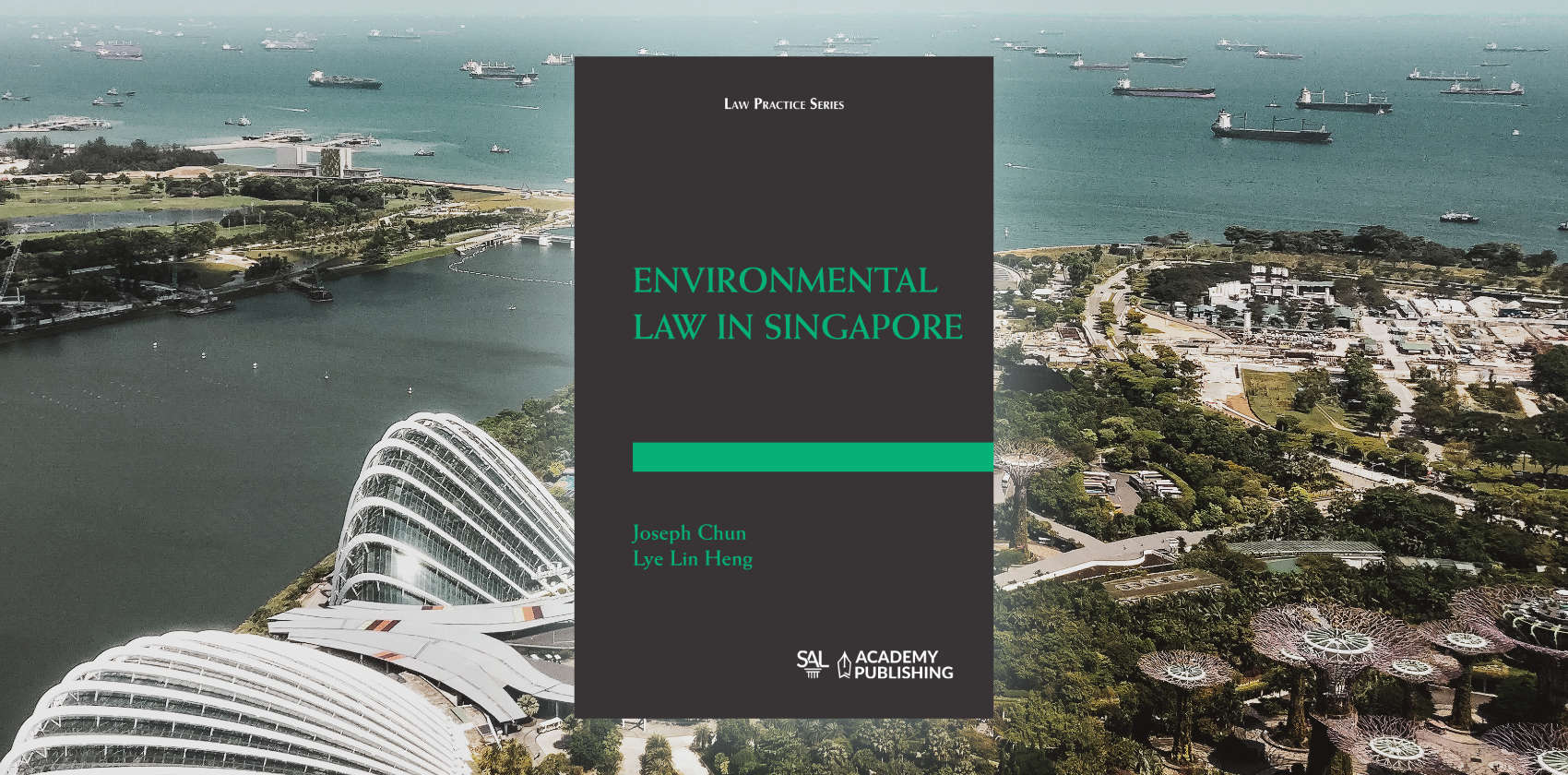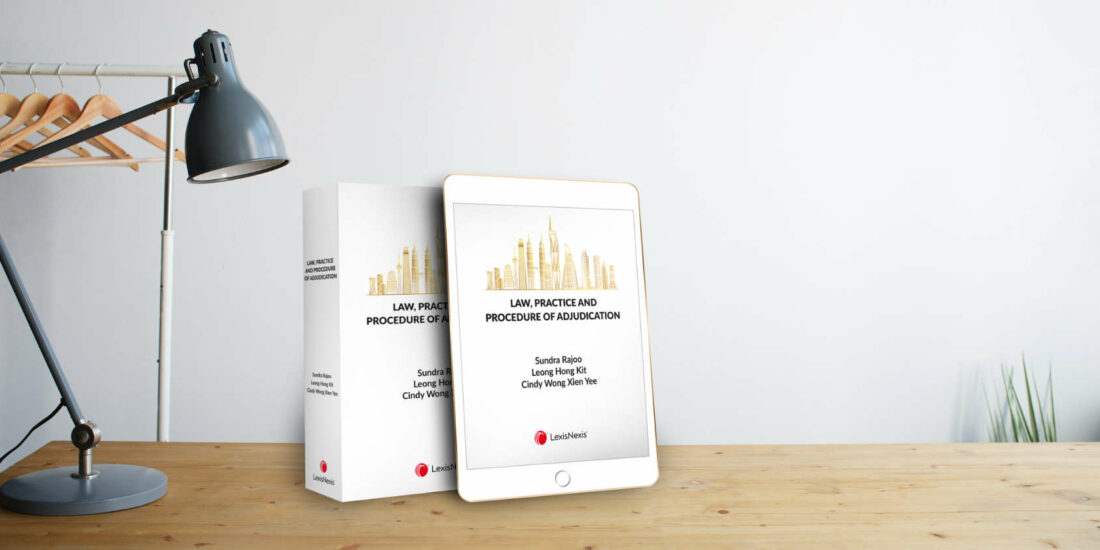Environmental Law in Singapore
by Joseph Chun and Lye Lin Heng
So you want to change the world? There is no better time than now to reflect upon the impact a major catastrophic event like the COVID-19 pandemic can have on the world. This crisis presents us an opportunity to rethink the impossible and to push for real change. Decisions made at this moment will have ramifications for the future of our environment, our planet and ourselves.
Environmental law, simply put, is the law of environmental problems. Some problems may be local (e.g. saving our MacRitchie nature reserve) or global (e.g. climate change). Some are slowly manifesting itself over time (e.g. air and water pollution) while others have suddenly, not unpredictably, appeared overnight (e.g. COVID-19, which draws attention to how easily zoonotic diseases can emerge from wildlife). To prevent the next pandemic, the treatment and protection of wildlife such as bats and pangolins (incidentally the world’s most trafficked mammal) need to be taken seriously and addressed immediately.
To take on any fight, you need to know your subject matter, the existing laws that govern such issues and be able to offer solutions. This unprecedented “working from home” and “home based learning” period is the perfect time to pick up a copy of Environmental Law in Singapore, the first and only textbook on Singapore environmental law.
It is indeed a great privilege to be asked to write a review of this book, authored by two well-respected and revered masters in environmental law. This book is an essential reference to gain a more comprehensive and detailed understanding of the subject matter of environmental law in the local, regional and international context. While it may be difficult to digest at first, given that it explains a web of complex principles and laws, it is still a good starting resource for legal practitioners, researchers, students, policy makers and anyone who wants to fight for change in any environmental issue.
In summary, the book is organised in seven parts.
Part I gives you the broad introduction to environmental law – what it is, sustainable development, regulatory approaches and environmental governance.
Part II looks at cross-sectoral laws (Singapore, ASEAN and international) generally applicable to all aspects of environmental protection.
The focus then shifts to different aspects of environmental laws.
Part III deals with pollution prevention and control of various kinds of pollution e.g. air, noise, water, land, hazardous or organic substances, marine and radiation.
Part IV tackles waste management, which in the past was just aimed at pollution prevention or control. If your mission is to “Reduce, Reuse, Recycle”, this examines the potential sources of waste such as littering and dumping of all sorts of waste as well as upstream waste generation and sustainable consumption.
Part V delves into freshwater resource management, which likewise is no longer just aimed at preventing water pollution, but there are now regulations affecting the entire water cycle from collection to waste water reclamation projects such as “NEWater”.
Part VI focusses on nature conservation and wildlife protection. A biodiversity crisis is occurring all over the globe. Although the book, published pre-COVID-19, states that the domestic effect of such crisis may not be felt, it becomes clear post-COVID-19 that human health is inextricably linked to that of animals and the environment given the source of the COVID-19 virus.
And finally, if you were inspired by Swedish activist Greta Thunberg, or were possibly one of the university students who staged Singapore’s first public climate change rally in 2019, zoom right into Part VII – climate change and ozone depletion. These are both global threats that are felt locally and need international collective effort to resolve. While COVID-19 is a public health crisis claiming lives and disrupting communities, WHO says “climate change is a gradually increasing stress that may be the defining public health threat of the 21st century”. Pre-COVID-19, we experienced the negative effects of polluting economic activities. With COVID-19, our planet has been given a temporary respite from pollution and we are seeing a rejuvenation of flora and fauna – a careful study should be undertaken to push for a permanent solution to our earth’s ailments.
This book may not give you all the answers but it gives you sufficient ammunition to fight for any cause which may lead us on a path to new values. Six years ago, I left the legal fraternity to do volunteer work in fields that interest me – nature conservation and wildlife protection. I started volunteering with Singapore’s wildlife rescue group, Animal Concerns Research & Education Society (ACRES) and then went on to work with Save our Street Dogs (SoSD), concentrating on just one aspect – a change in stray dog management policy – from culling to Trap, Neuter, Release and Manage (TNRM). I wish I had this one-stop legal resource back then to complement my work on the ground. There is still no comprehensive resource for stray dogs; however, for wildlife and environmental issues, we are lucky this bible has finally arrived.







